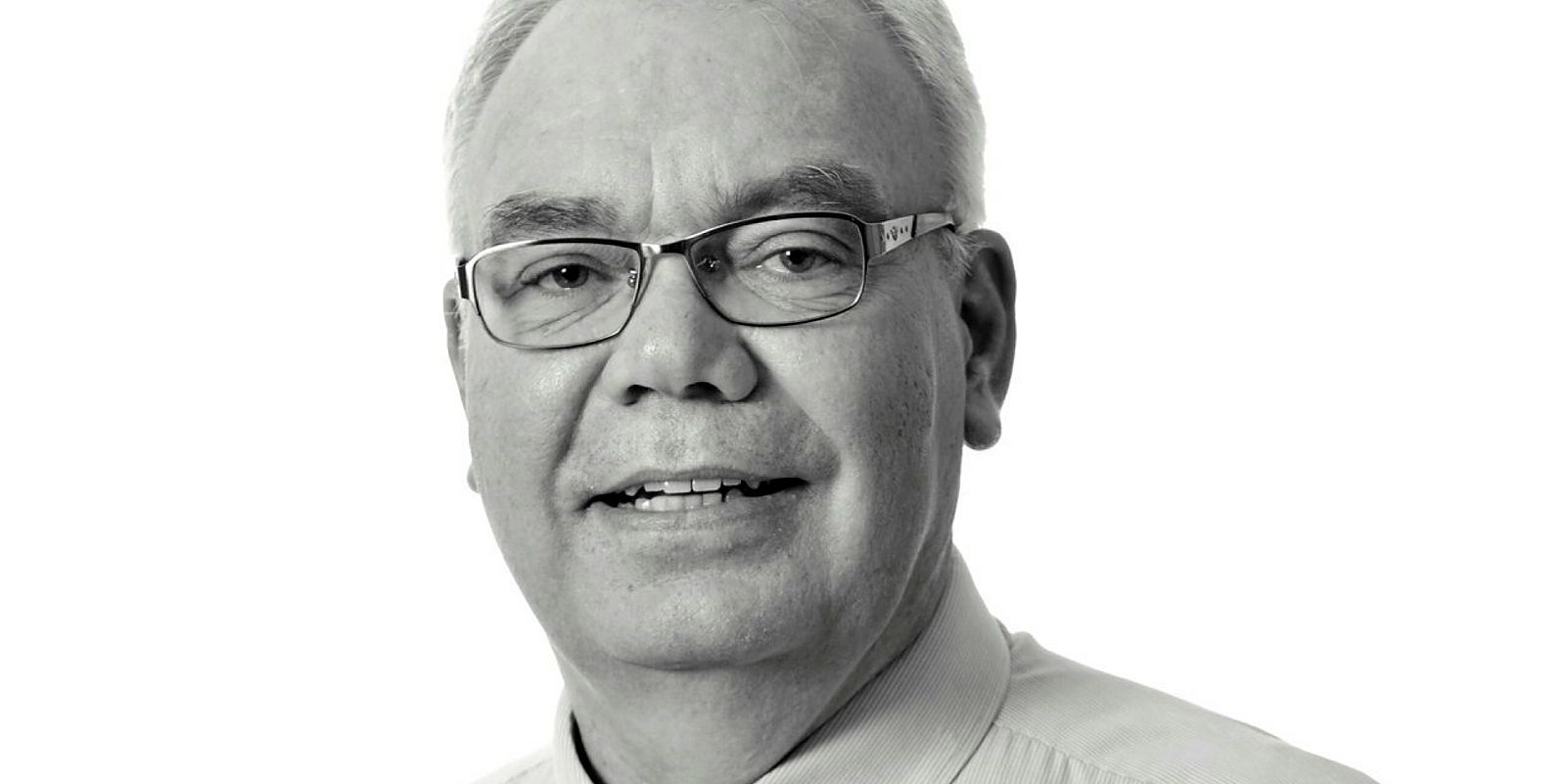Why does the process of managing a marine casualty take so long? And why does the outcome not always benefit the environment, the vessel’s crew or the owner’s pocket? There are many examples where the recovery of grounded or damaged ships has extended over many years, where the investigative and wreck removal process was flawed, or where the master has landed in jail or been otherwise detained.
The root of this increasing problem is a lack of preparation, understanding and cooperation. It is a given that the rights of sovereign states and national laws must be recognised and complied with, but some local authorities simply do not know the limits of their jurisdiction and will assume authority of a casualty when they have no business to. Significant delays can result from the conflict and confusion this causes. Sovereign states should clarify their jurisdictions with their governments prior to an incident. A process to achieve this, driven by the IMO, would be welcomed.
In the immediate aftermath of an incident, it is vital that first responders know who to deal with and what the limits are of authority. Similarly, responders need to coordinate with an authority that understands the maritime sector and the implications of a shipping casualty. In the stressful period following a ship grounding on a pleasure beach or an oil spill approaching a pristine shoreline, emotions will be charged and there will be a pressing need — politically — to “do something”. Without sector expertise, the reaction of the local authority can be both damaging and delaying.
This is where the IMO could again step in. The development of a marine investigation code to govern shipping incidents would go a long way to solving these issues. A new code would establish transparent and consistent procedures across national borders to ensure an optimum response from all parties.
The Nairobi International Convention on the Removal of Wrecks is a step forward and clearly details how wrecks should be dealt with once the initial response and investigation phases are complete. Importantly, it promotes the idea that action should be “proportionate to the hazard” and that activities “should not go beyond what is reasonably necessary”. But the problem here is that the convention — accepted in 2007 — is yet to be ratified. If it had been, then the requirement by some authorities to remove wrecks irrespective of cost and environmental impact would have been eliminated.
Emotions, often whipped up by the media and political agenda, have led to unfair and undue seafarer detention and criminalisation. There are many cases where mariners have been detained for many months even though immediate investigations had shown them to be completely without fault. This not only stems from a lack of maritime education but also from a lack of procedure. The IMO, together with the International Labour Organization and International Transport Workers’ Federation, should be working on early release procedures for seafarers who find themselves under investigation following an incident.
In shipping, accidents will happen. But to minimise their impact, enhanced and regular communication between all parties — governments, maritime authorities, shipowners, regulators and others — is required to ensure casualties are better managed, the environment protected and seafarers’ rights secured.
Walker is Asia Pacific chairman for LOC Group, a marine and engineering consultancy and survey organisation. He is a master mariner with 18 years of experience on tankers.



